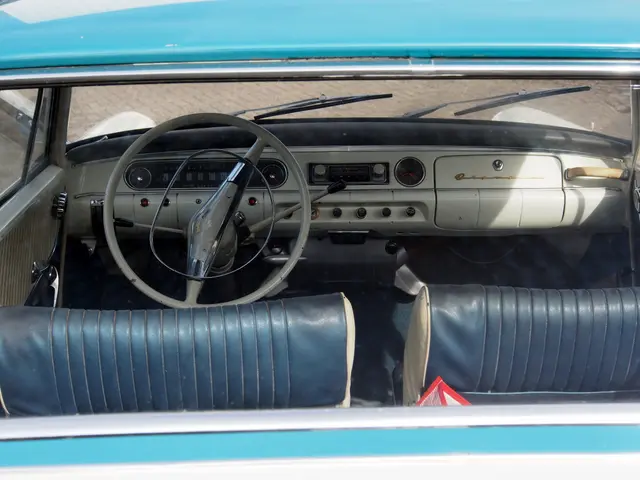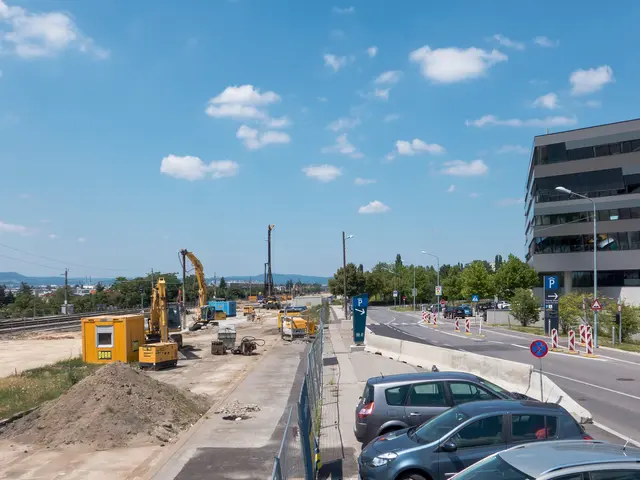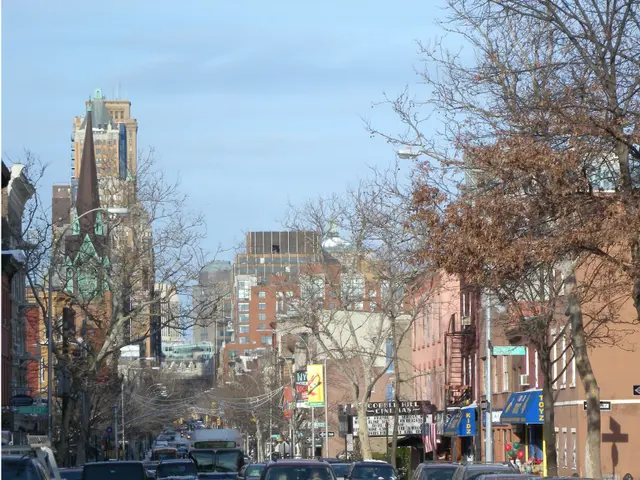Temporary Halt Enforced on Age-Specific Vehicle Restrictions in Delhi by the Supreme Court
The Supreme Court of India has granted a 4-week relief to owners of diesel vehicles 10 years or older and petrol vehicles 15 years or older in Delhi-NCR, following a review petition filed by the Government of Delhi. This decision comes amidst an ongoing debate over the appropriate approach to regulating vehicle emissions in the region.
The original ban on old vehicles, which emerged from a National Green Tribunal decision in 2015, aimed to combat Delhi-NCR's highly polluted environment. However, the Government of Delhi argues against the blanket ban, advocating for a data-driven, scientific approach based on the actual emission levels of individual vehicles. They emphasize that technological advancements in emission norms (like BS-VI standards) and improved pollution under control (PUC) systems have significantly reduced pollution from older vehicles, making a blanket ban outdated.
On the other hand, the Central government’s position, represented by the National Green Tribunal (NGT) and enforced through previous Supreme Court orders, supports the ban as a necessary environmental measure. The ban has been in effect since 2015, restricting diesel vehicles older than 10 years and petrol vehicles older than 15 years from plying in the region.
The recent order by the Supreme Court reflects a precautionary approach to balancing environmental protection with individual rights and economic realities. It halts coercive action against owners of old vehicles, allowing them to continue using their vehicles while the court reviews the ban's legality and scientific basis.
The Delhi government, represented by Solicitor General Tushar Mehta, argues that emissions, not age, should govern the territory of enforceability for older vehicles. Many owners of older vehicles in Delhi-NCR are using their vehicles infrequently and have valid PUC certificates, with emissions lower than BS-IV compliant standards.
The order has sparked hope and debate among citizens and politicians. The Delhi Environment Minister Manjinder Singh Sirsa celebrates the order as a "big relief" for the affected population. However, the Supreme Court will hear the review plea with arguments on behalf of the Centre and CAQM.
This case may prompt a new paradigm on environmental policy, balancing human health, environmental imperatives, and citizen rights. The debate reflects a tension between the need for effective pollution control and the evolution of emission standards and vehicle technology, suggesting policies should shift towards emission-based regulations rather than age-based ones.
Read also:
- Germany's three-month tenure under Merz's administration feels significantly extended
- Governing body allegedly persists in enjoying vacation time amidst Spain's highest danger level due to fires, claims Feijóo
- United Nations Human Rights Evaluation, Session 45: United Kingdom's Statement Regarding Mauritius' Human Rights Record
- Hurricane-potential storm Erin forms, poised to become the first hurricane in the Atlantic Ocean this year.








